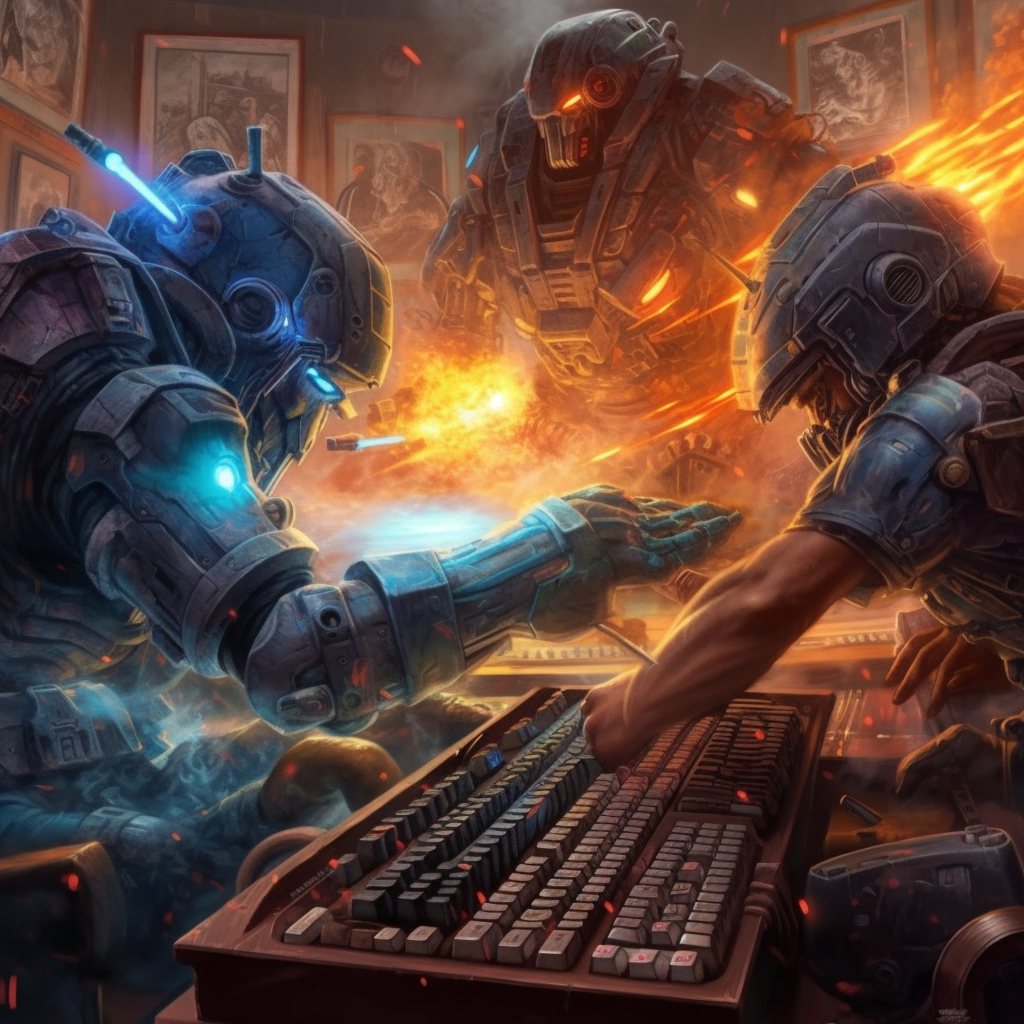September 14, 2023
The Copyright Battle – Science Fiction Writers vs. OpenAI’s ChatGPT
Book a Demo
A group of science fiction writers has filed a lawsuit against OpenAI, claiming that their AI language model, ChatGPT, has infringed upon their copyright. The authors allege that ChatGPT was trained on their copyrighted works without obtaining their permission, resulting in the creation of derivative stories that closely resemble their original content.
The plaintiffs in the case are seeking damages, as well as injunctions to prevent any further infringement and recognition for their contributions to ChatGPT. This legal action brings to light the importance of addressing the ethical and legal implications surrounding AI technology and the rights of content creators.
The lawsuit stems from allegations that OpenAI used copyrighted material without proper authorization or compensation during the development of ChatGPT. The writers argue that OpenAI’s actions were unauthorized and violated their rights as content creators.
As AI technology continues to advance, it becomes increasingly crucial to ensure that the rights of content creators are protected and respected. This lawsuit serves as a reminder that the development and deployment of AI models must be done responsibly, taking into account the rights and contributions of those whose works are utilized.
OpenAI’s alleged unauthorized use of copyrighted works has prompted writers to take legal action. This case serves as a significant moment in the ongoing debate surrounding AI technology and the rights of content creators. It underscores the necessity of establishing a proper framework that safeguards the interests of all parties involved and ensures that AI technology is developed and utilized in an ethical and legal manner.
The outcome of this lawsuit could have significant ramifications for the future of AI language models and the rights of authors to protect their creative works. As a result, an increasing number of writers have joined the legal action against OpenAI, claiming that the organization has violated copyright laws by training its AI models on copyrighted works without obtaining necessary permissions or licenses from the original authors.
The lawsuit against OpenAI by science fiction writers raises significant concerns about copyright infringement in the context of AI language models. The outcome of this legal battle will have far-reaching implications for the future of AI-generated content and the rights of authors to safeguard their creative works. Addressing the copyright concerns surrounding AI technology and machine learning requires the establishment of clearer guidelines and regulations to protect the intellectual property rights of creators and foster innovation in a responsible manner.
As AI technology continues to advance, it becomes crucial to establish a legal framework that protects the rights of authors and ensures fair use of copyrighted material. This case serves as a reminder that AI-generated content should not undermine the intellectual property rights of creators. It also emphasizes the need for collaboration between AI developers and content creators to find mutually beneficial solutions that respect copyright laws.



